Cancer discovery news
Our researchers are making the discoveries that defeat cancer. Read the latest findings from our world-leading research.
Visit our main news hub to read about news on new funding, our fundraising activities and much more. If you want to keep updated on our news, you can follow us on social media or sign up for our Search newsletter.
If you’re a journalist and want to find out more, you can contact our media relations team.

Innovative dual treatment shows promise in tackling deadly cancer
A new study has revealed a promising therapeutic strategy for pancreatic cancer, offering new hope for people living with this disease.
---945x532.jpg?sfvrsn=73000500_2)
Cutting-edge proton beam therapy is no better than advanced radiotherapy for treating head and neck cancer
Cutting edge proton beam therapy is no better than intensity-modulated radiotherapy for treating people with head and neck cancer, according to new findings from a nationwide clinical trial.
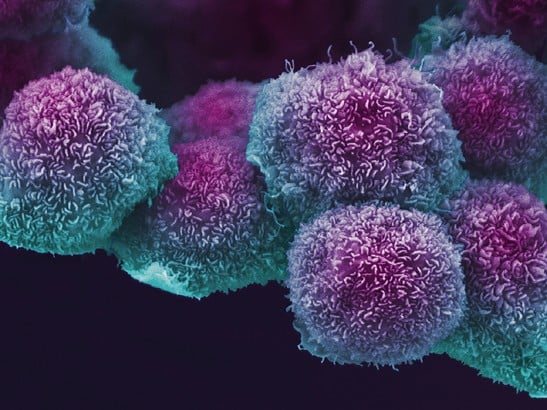
Breakthrough discovery reveals new drug target to stop pancreatic cancer spreading
Scientists have discovered a key protein that could be targeted with a drug to treat the most common and aggressive form of pancreatic cancer.
.jpg?sfvrsn=21a64ae3_1)
New cancer test could predict, up to 10 years in advance, when treatment will be needed
Scientists have developed a new test that can decode when someone’s cancer first started growing and how fast it is growing, potentially allowing doctors to accurately predict when a patient will need treatment.

New research reveals how combining viruses with targeted drugs can boost cancer-killing immune responses
Two studies have uncovered how combining a cancer-killing reovirus with targeted cancer drugs can dramatically boost immune responses and tumour destruction – offering a promising route to more effective, personalised cancer therapies.

New MRI scan can spot tiny traces of blood cancer after treatment
Whole-body MRI scans provide powerful insights into treatment effectiveness and long-term outcomes for patients with myeloma, an incurable but treatable blood cancer. Results from the iTIMM study led by The Royal Marsden NHS Foundation Trust and The Institute of Cancer Research, London have shown that whole-body MRI scans (WB-MRI) can detect tiny traces of the disease, known as minimal residual disease (MRD), in the bone marrow after treatment. This can provide a crucial insight into how well patients with multiple myeloma are responding to treatment and whether they might relapse - offering a potential new standard in how this complex blood cancer is assessed.

Small fragments, big impact: discovering the 'shearosomes' that drive cancer's spread
A collaborative study reveals an unexpected way cancer spreads through the body – by shedding tiny, previously unidentified fragments called shearosomes as tumour cells squeeze through narrow blood vessels. Shearosomes appear to actively influence their surroundings, supporting the growth of secondary tumours, offering new insights into how cancer spreads.
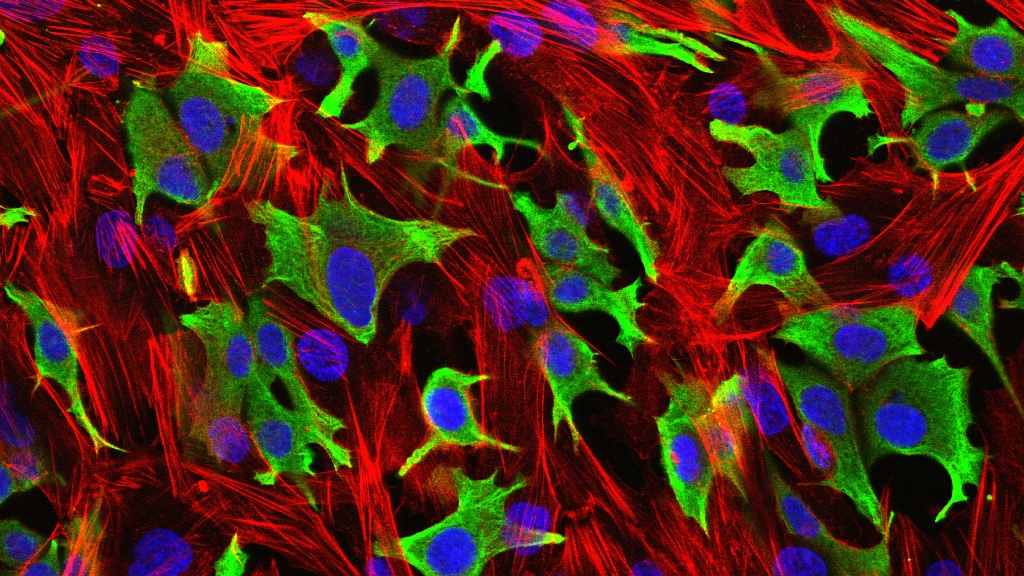
Breast cancer test predicts relapse risk in just two weeks – and could spare thousands of patients from unnecessary treatment
Thousands of women with breast cancer could be spared unnecessary treatment, thanks to a simple test which can identify whether or not their cancer is likely to return – just two weeks after starting treatment.
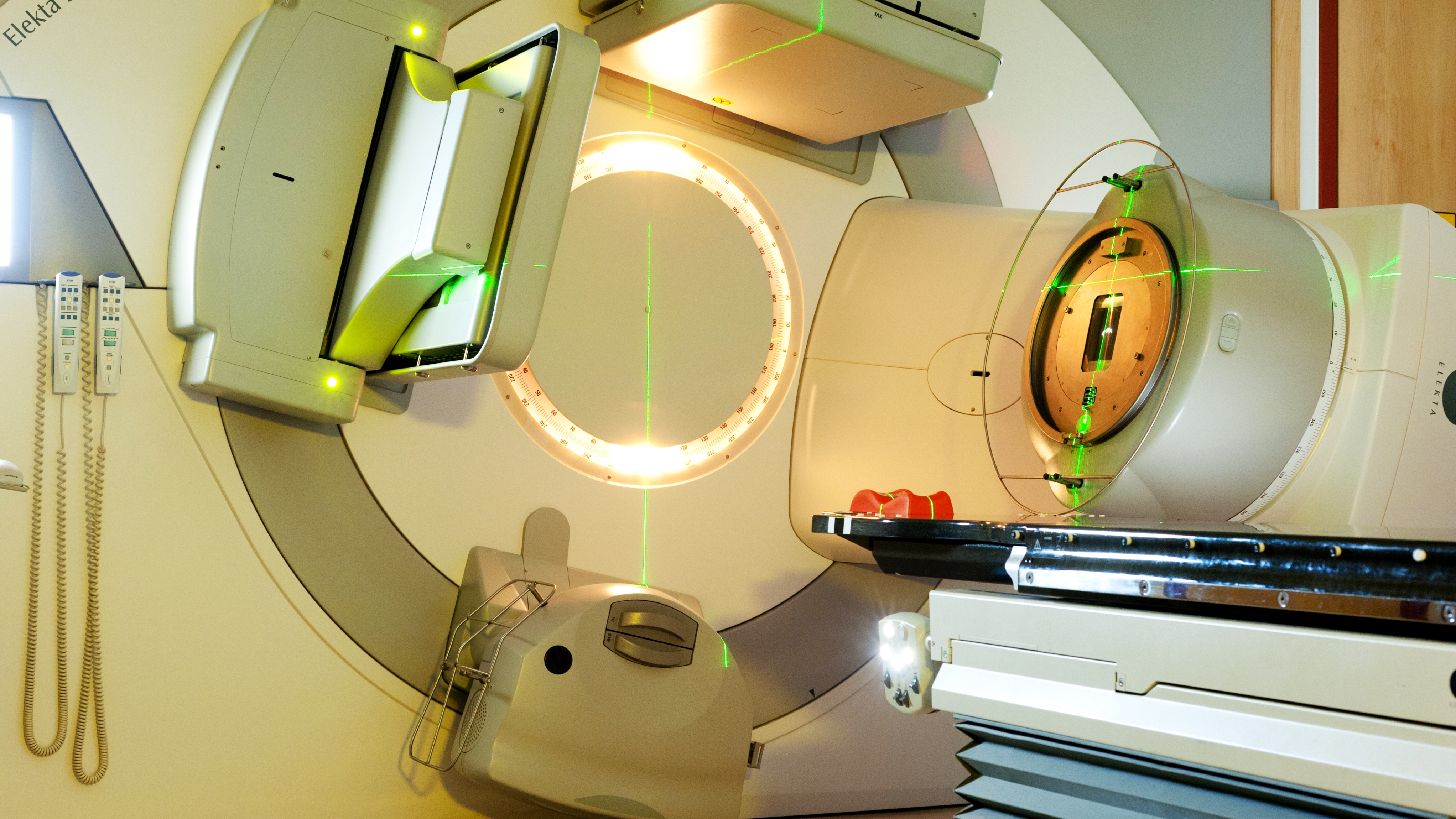
Targeted radiotherapy just as effective for low-risk breast cancer and reduces risk of side effects
Thousands of women who undergo radiotherapy for low-risk breast cancer could be spared some of the side effects of treatment after a study confirmed that more targeted treatments are just as effective at controlling the disease in the long term.
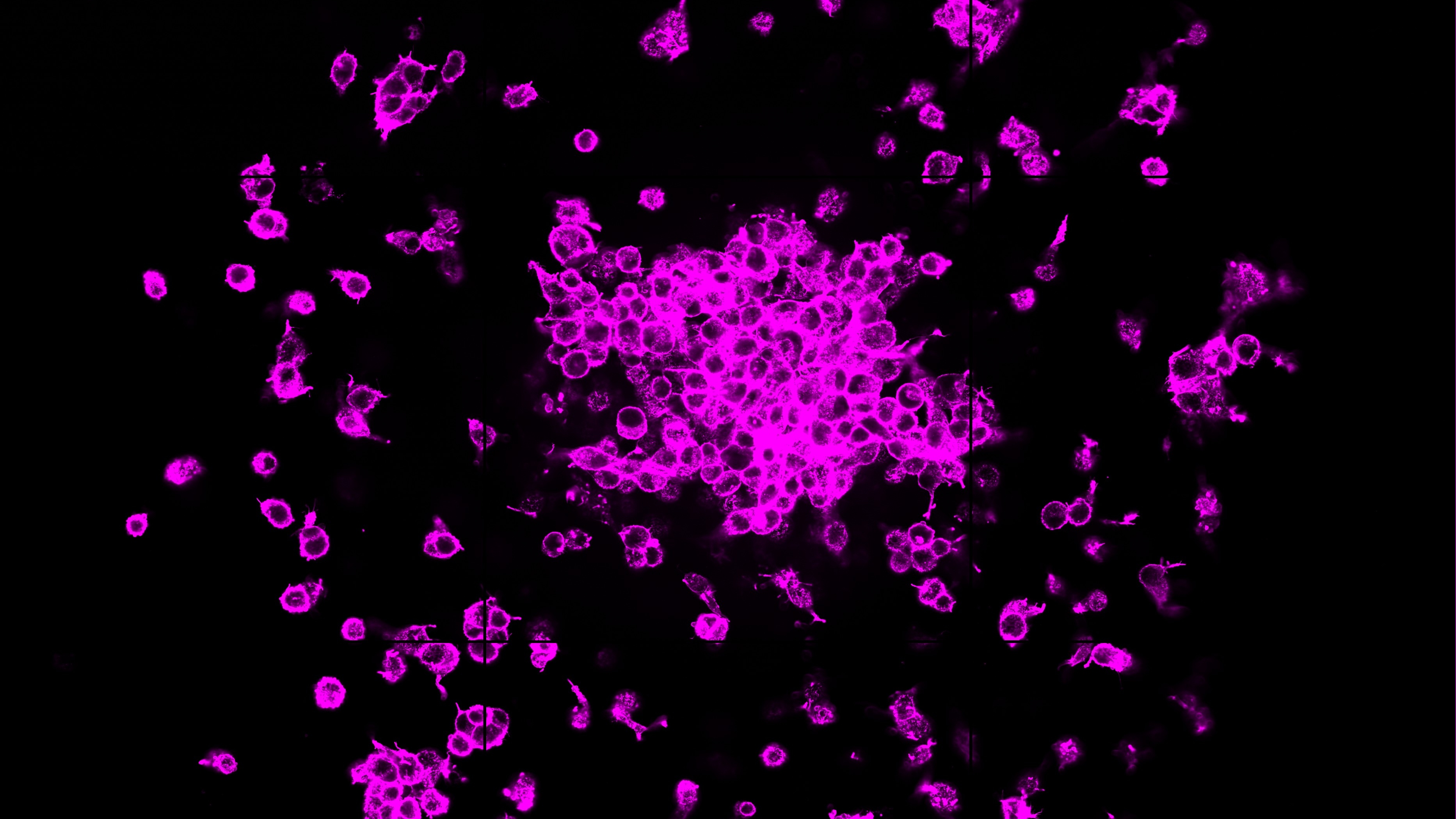
Scientists discover how to remove skin cancer’s protective armour and stop it spreading
Scientists have uncovered a protein that acts like a ‘suit of armour’ for cancer cells, shielding them from hostile environments and allowing one of the deadliest forms of skin cancer to spread through the body.
-is-malignancy-of-the-esophagus-cancer-of-the-esophagus-ct-with-contrast.jpg?sfvrsn=70ef5f67_1)
New study reveals how oesophageal cancer adapts to treatment
Researchers have tracked how the most common form of oesophageal cancer and its immune environment change during a standard form of treatment – offering vital clues that could shape future therapies, so they work for longer.
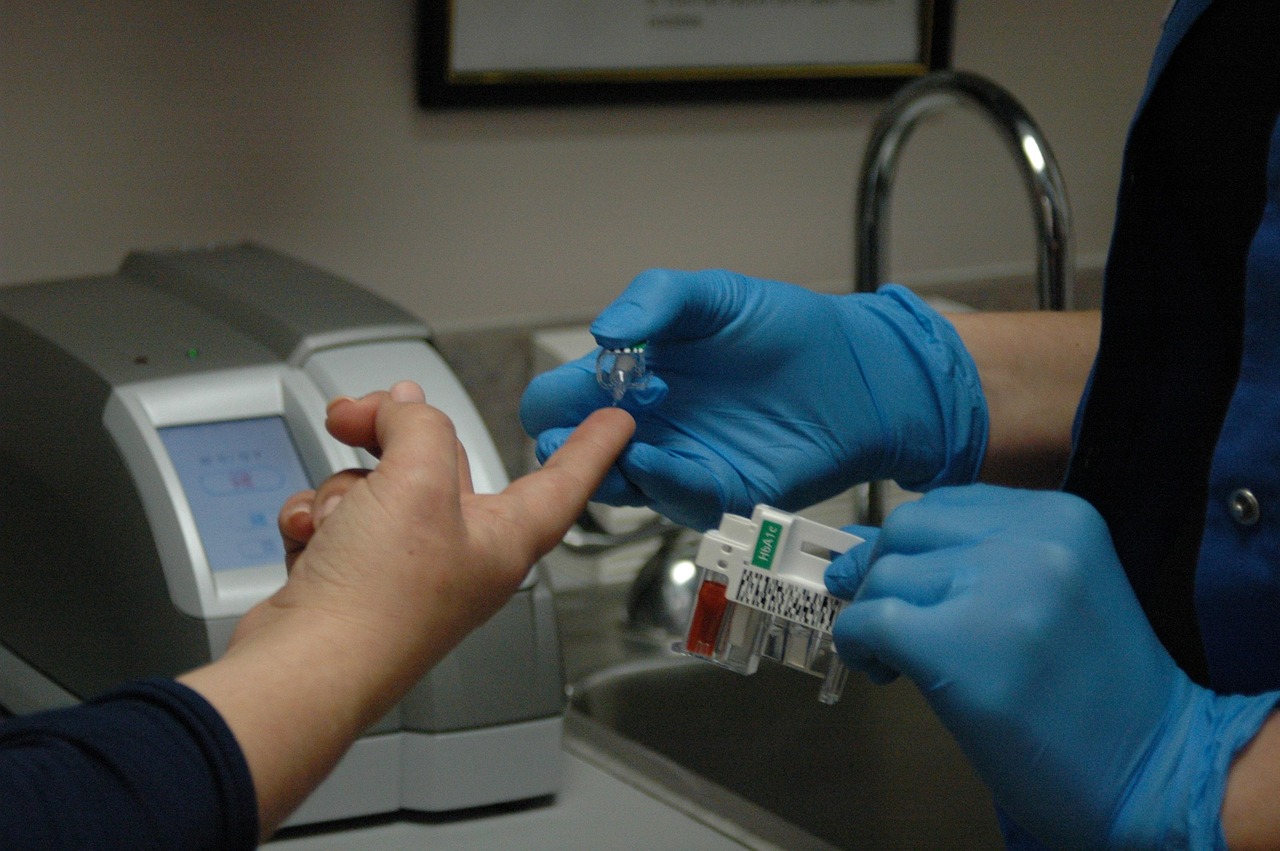
Newly discovered role of enzyme could explain link between diabetes and cancer
Cell biologists have made a significant advance, uncovering the key role of an enzyme in determining the physical structure and behaviour of cancer cells, including how they spread.